'Captain Marvel' Shares An Important Message That Shouldn’t Be Underestimated
Captain Marvel is an important movie from the perspective of the young audience it addresses.
(This article is without spoilers.)
From the time Captain Marvel was released, on March 8, there has been a lot of press surrounding the movie. There have been parties both advocating for and arguing against the character that Bree Larson brought to life. Controversies, particularly, were plenty; from media sources and generally, people critiquing Lardon for her lack of smiling during promotional events (to which Bree Larson had an amazing comeback) to the parallel derision and celebration of the idea of a feminist Marvel movie.
I personally watched Captain Marvel a couple of weeks after it was released and after having minimal preconceptions, including avoiding watching the trailer and scanning any reviews. I'd avoided spoilers and newspaper articles for the most part simply because I wanted to form my own opinion. I had done the same with Wonder Woman and Black Panther because of the extreme expectations placed on the cast, crew and whole conception, itself.
I'm not gonna lie. I took some issue with the progression and flow of the plot, and some of the character development was patchy. However, that's not what I primarily took from the experience of watching it.
When I exited after watching, the first thing I saw was an excited little boy jumping enthusiastically after walking out of the theater. Aggressive, playful bouncing with a fake blaster was interlaced with "Guys did you see that?", "And then she kicked him in the back!", and "That was so cool!" What I could reflect on was how little anything other than Captain Marvel could be a topic of conversation in my class of second-graders and how they would run to play as her on the playground. I could feel their shaking anticipation when both my boys and girls talked about which superheroes to be for Halloween and they could go back and forth debating being Wonder Woman or Captain Marvel. I recognized how disappointed one of my fifth-grade newspaper students was when he realized he couldn't write a review for the school paper because of the movie's PG-13.
Because when you're ten and see a hero on screen that speaks to you and who you identify as, you're not following the consistency of the character arc and how the narrative follows the 3-act structure. It's not that Rotten Tomatoes comprises a team of elementary schoolers who write professional reviews.
As far as I'm concerned, and as far as I believe most people should be concerned, if the next generation of filmmakers and movie-goers find themselves wanting to experience more movies that present positive messages and instill self-confidence then we've done our job as the generations that will give them that. Our role is to identify and understand the value of these movies and characters and pass them along. Look to the kids. They know what they're talking about.

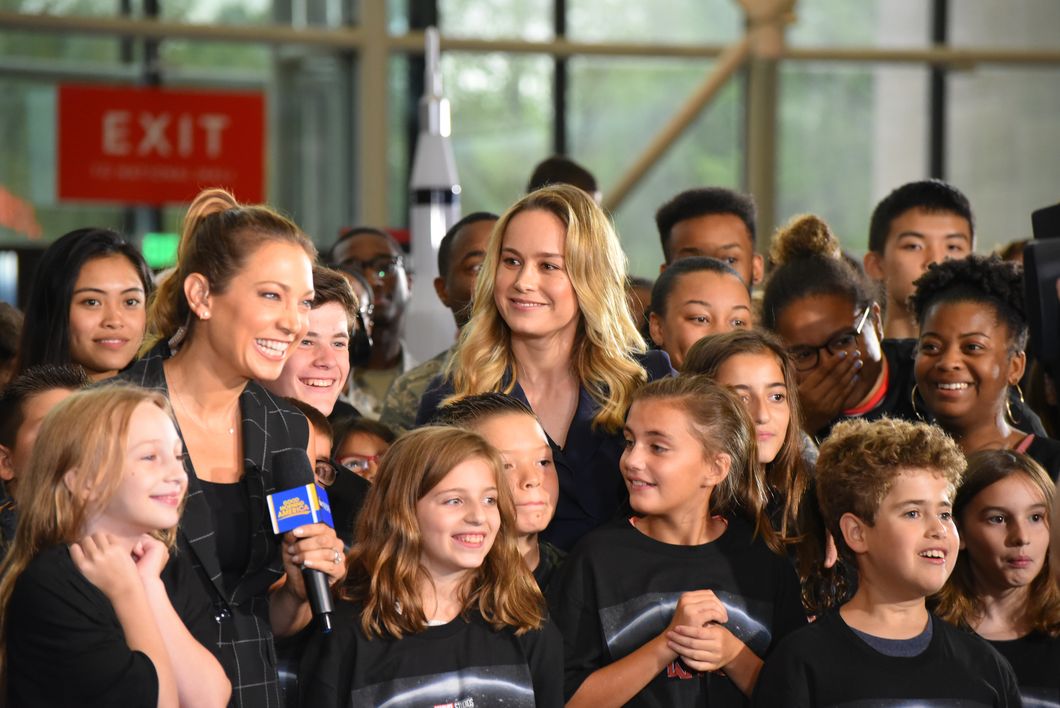



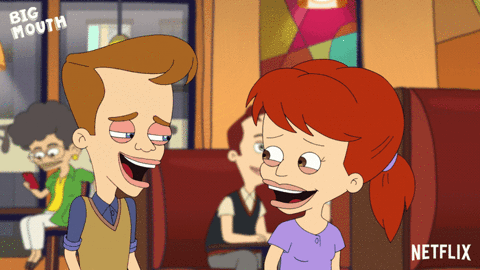
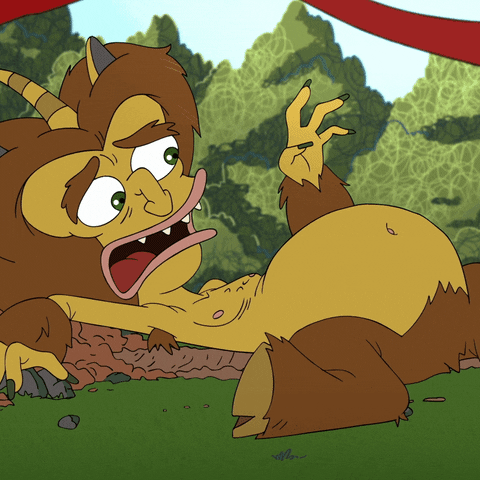
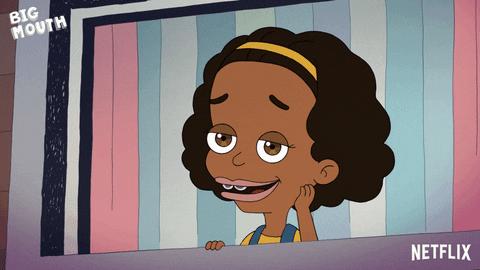
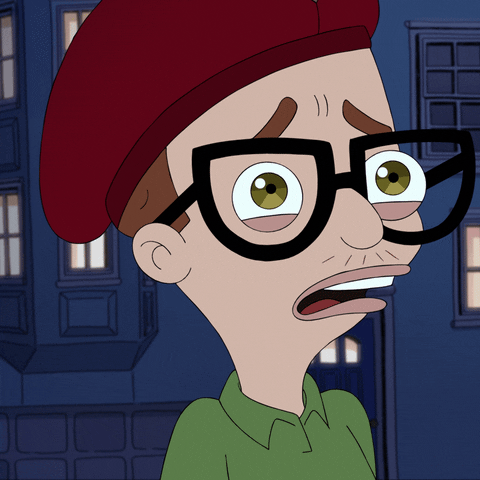
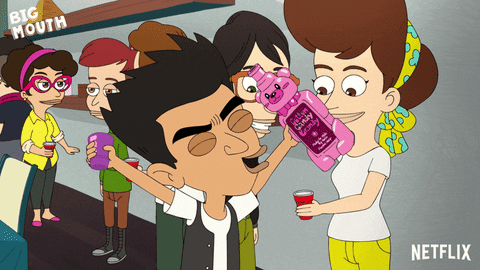


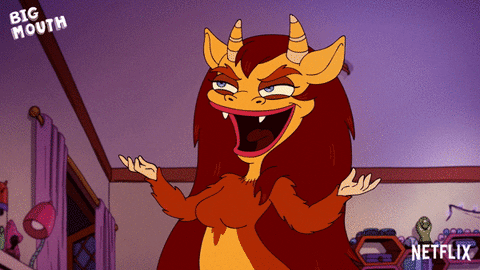


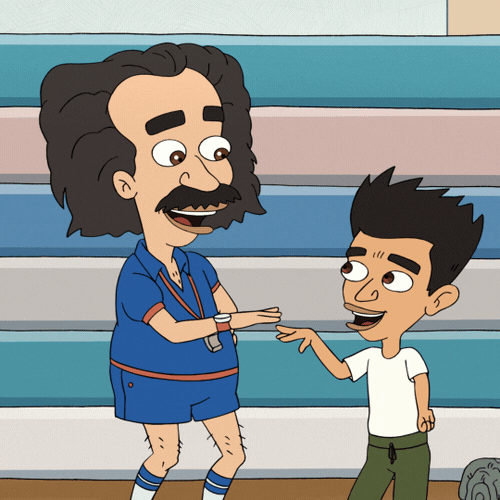


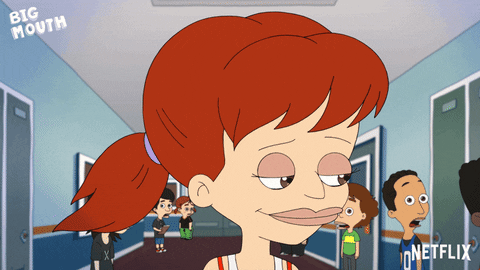
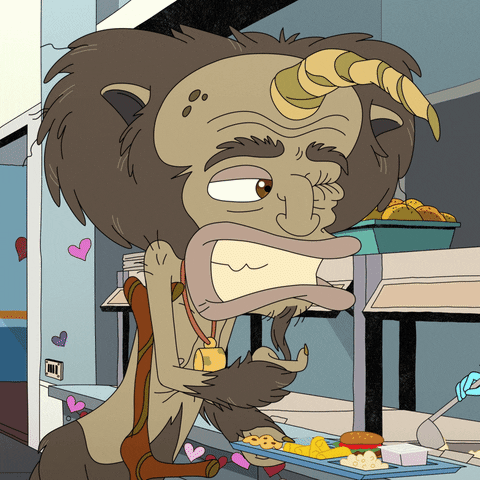



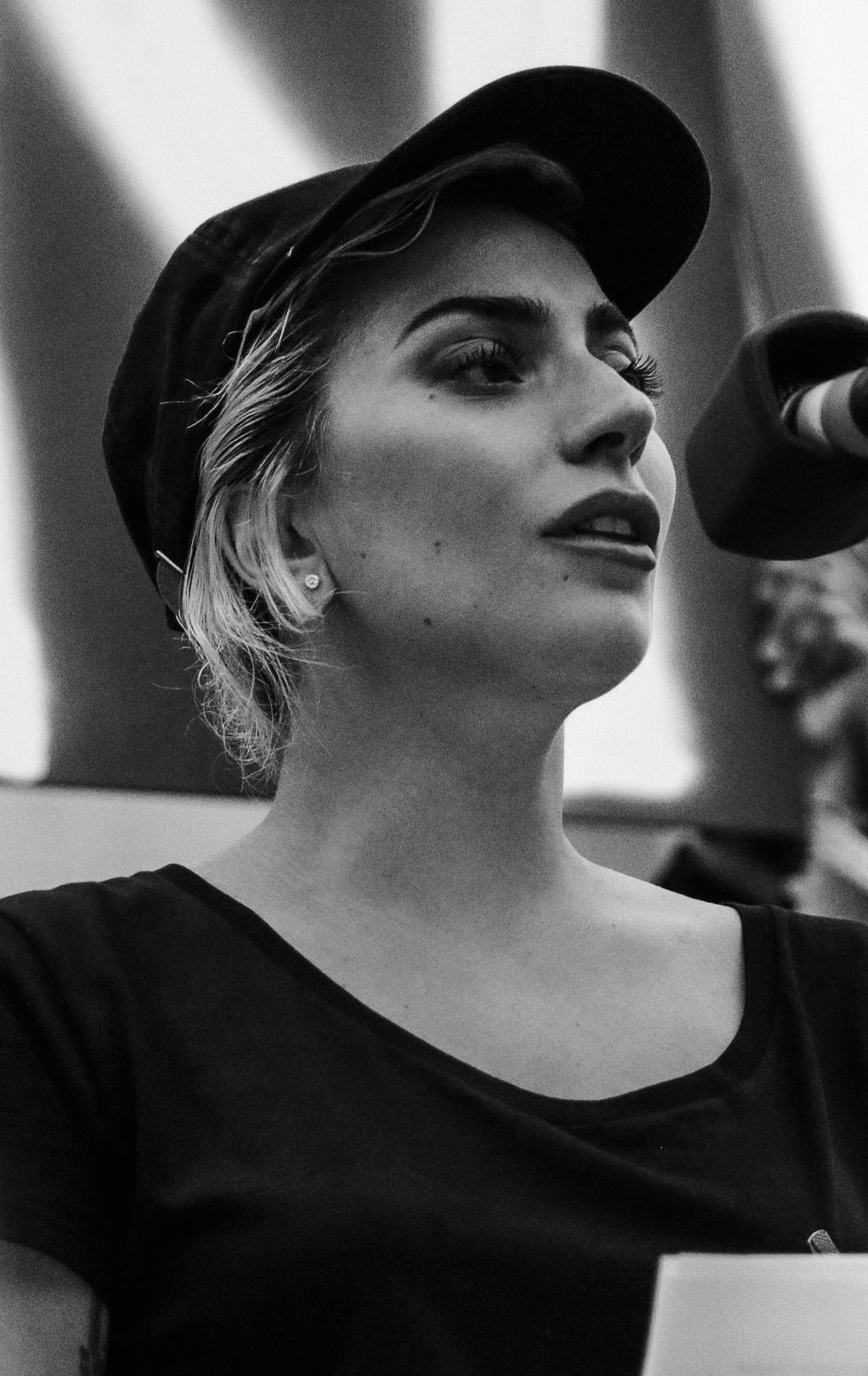
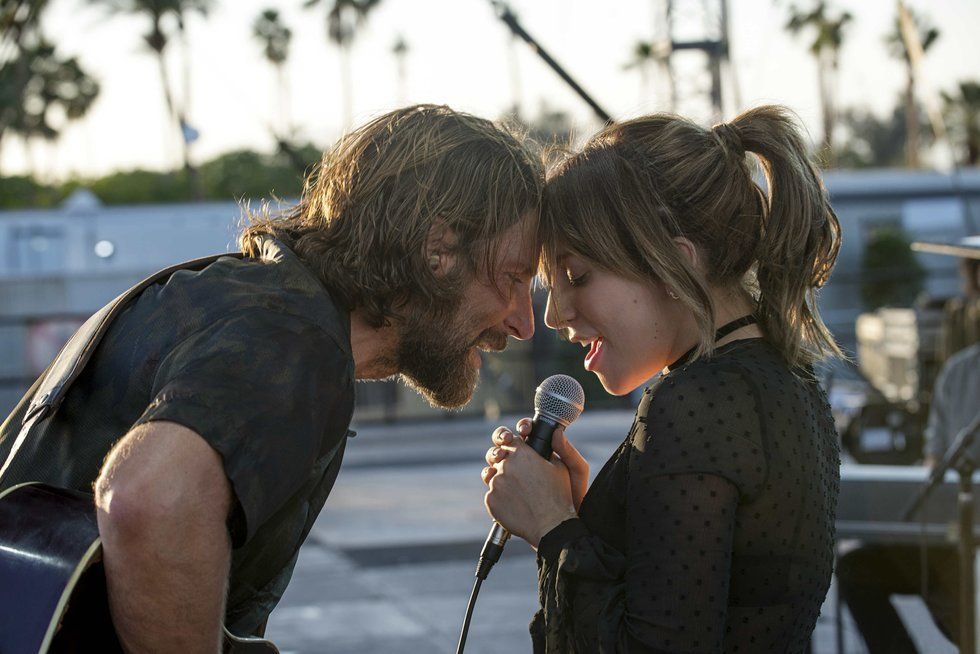



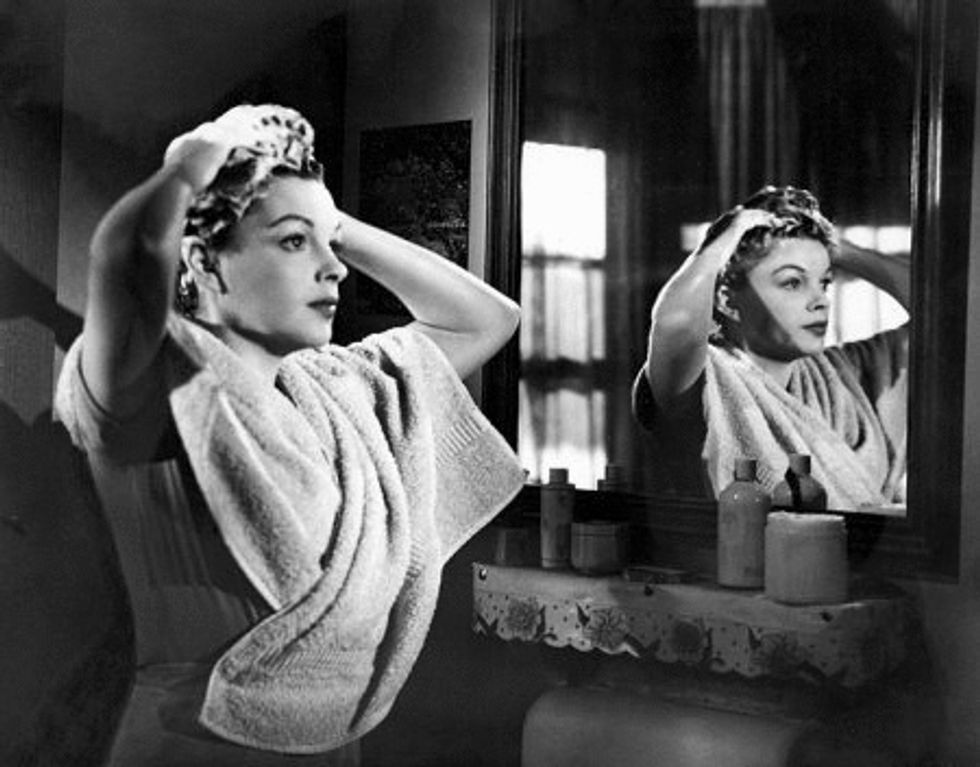
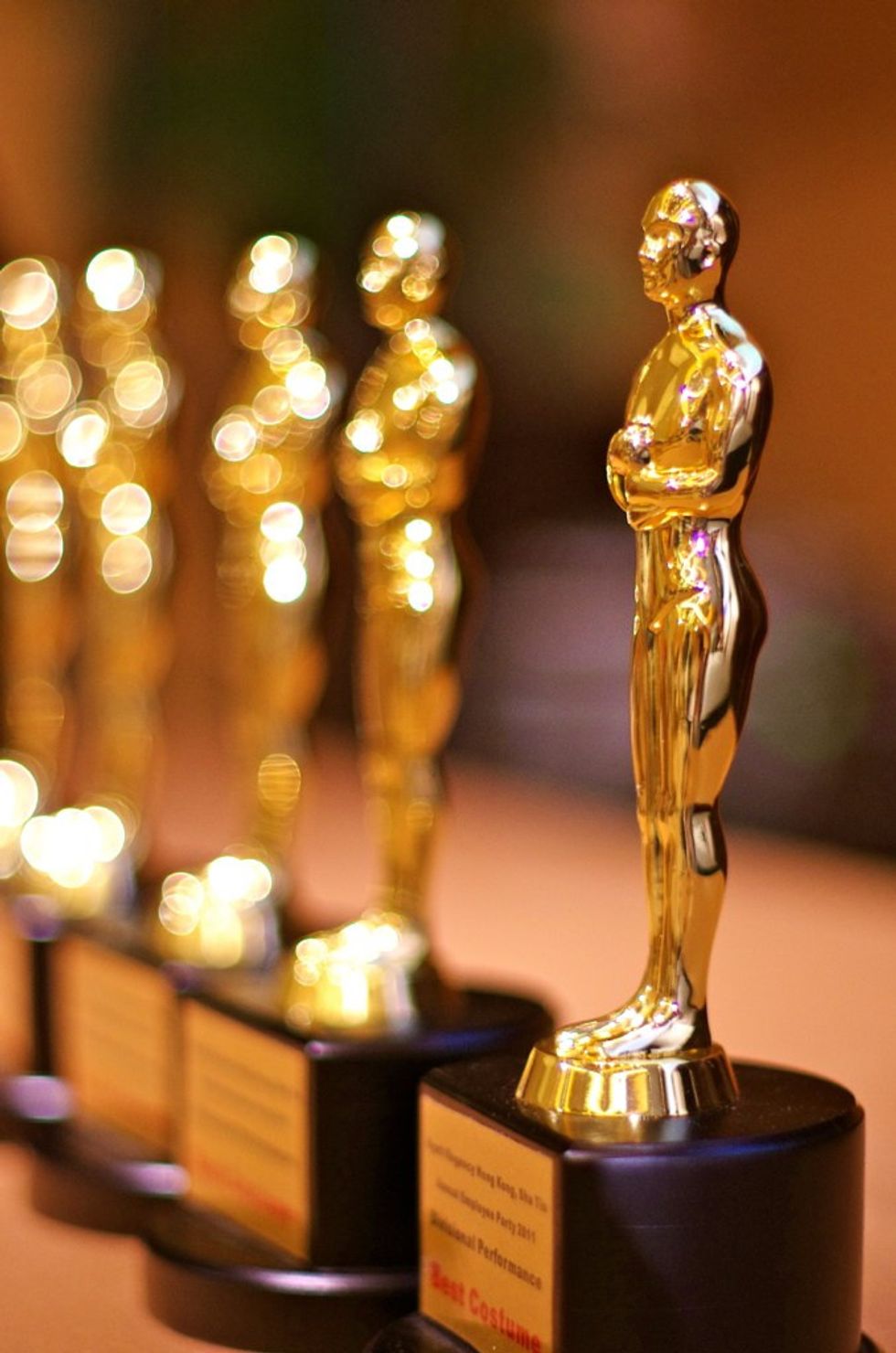
 Selby Proctor
Selby Proctor




















